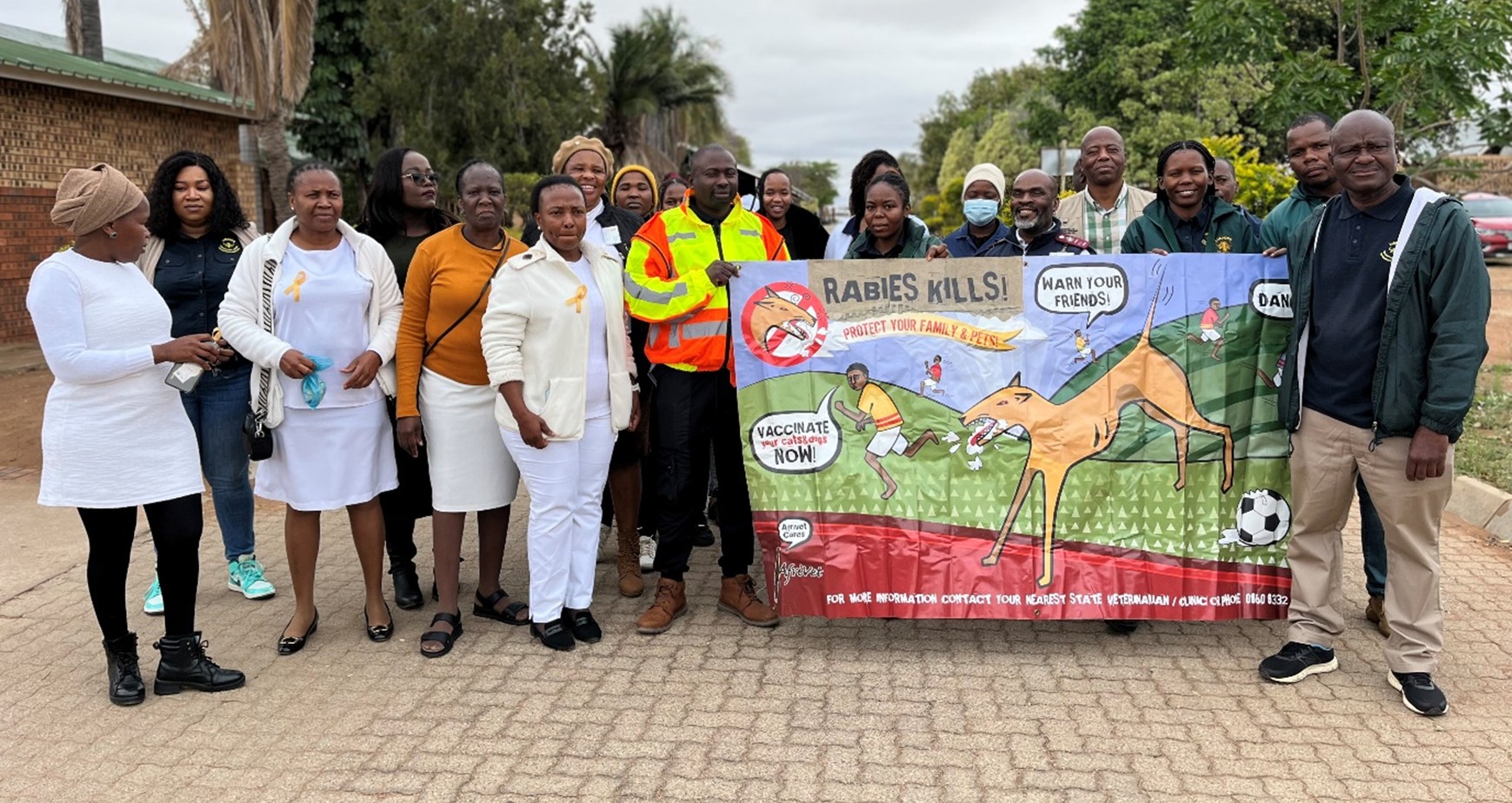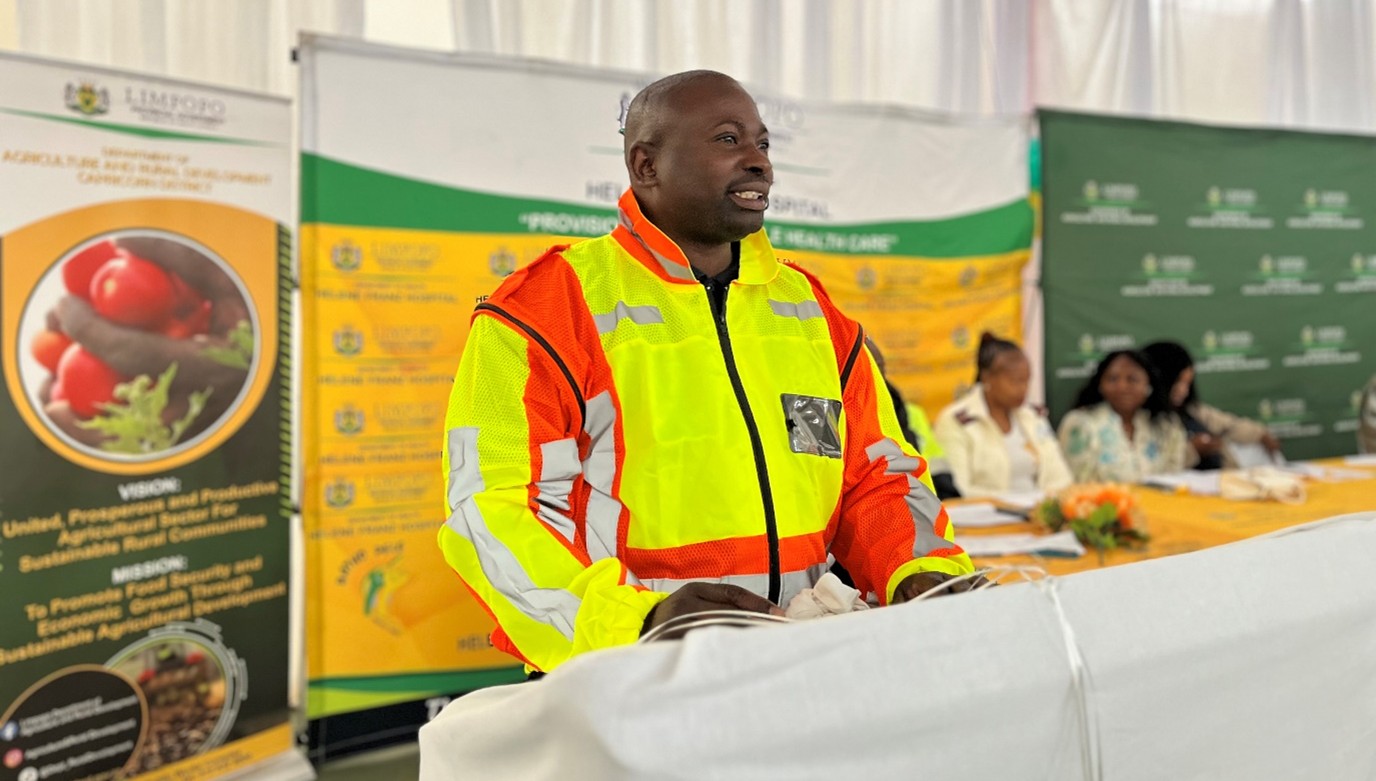By Maphuti Machabaphala

The LDARD Capricorn North-Western Agro Ecological Zone, in collaboration with the Departments of Health and Education, recently held a rabies awareness campaign at Helen Franz Special School in Senwabarwana under the Blouberg Local Municipality. The campaign aimed to educate learners and the community on rabies prevention, treatment, and the importance of vaccinating pets.
Rabies remains one of the most dangerous zoonotic diseases, claiming lives when not detected and treated early. With no cure once symptoms appear, prevention through awareness and vaccination is critical. This campaign brought together stakeholders to empower rural communities with knowledge that saves lives. Key discussions included animal bite statistics and wound management, tracing of reported cases, animal vaccination coverage, rabies in humans and animals, as well as the role of pharmacists in treatment and prevention.
For rural communities where access to immediate medical intervention may be limited, awareness campaigns are more than educational—they are life-saving. By sharing practical knowledge on prevention, reporting and care, families and pet owners are better equipped to protect themselves and their animals.
On wound management, Ms. Mohlabeng Daisy stressed the importance of immediate care. She explained that wounds should be rinsed under running water for 15 minutes before being wrapped in a clean cloth. Severe or swollen wounds must be treated as emergencies and referred to hospitals without delay. Ms Mohlabeng described rabies symptoms, ranging from early signs such as headaches and itching at the wound site to advanced symptoms like hallucinations, aggression, and fear of water. She stressed that while rabies is incurable once symptoms show, it is preventable through surveillance, vaccination, and early reporting.
Mr. Mbambangani Khathutshelo as the Control Animal Health Technician, he presented vaccination figures, noting that over 3,000 pets were vaccinated in 2021/22, but numbers dropped during COVID-19 restrictions. So far in 2025, 845 vaccinations have been recorded in the district. He thanked SAPS, municipalities, and traditional leaders for supporting the campaign, while also acknowledging challenges posed by misinformation among pet owners.
Dr. Mokolo Magole from Veterinary Services highlighted how rabies spreads from wild to domestic animals, urging vigilance and vaccination as the most effective control measure.
Closing the campaign, Mr. Makgato RT emphasised that rabies prevention is a shared responsibility. He reaffirmed government’s vision that by 2030, no human life should be lost to rabies, achievable only through vaccination, awareness, and strong collaboration among all stakeholders.
Government’s active role in leading such initiatives underscores its commitment to safeguarding communities, ensuring vaccines are accessible, and strengthening



